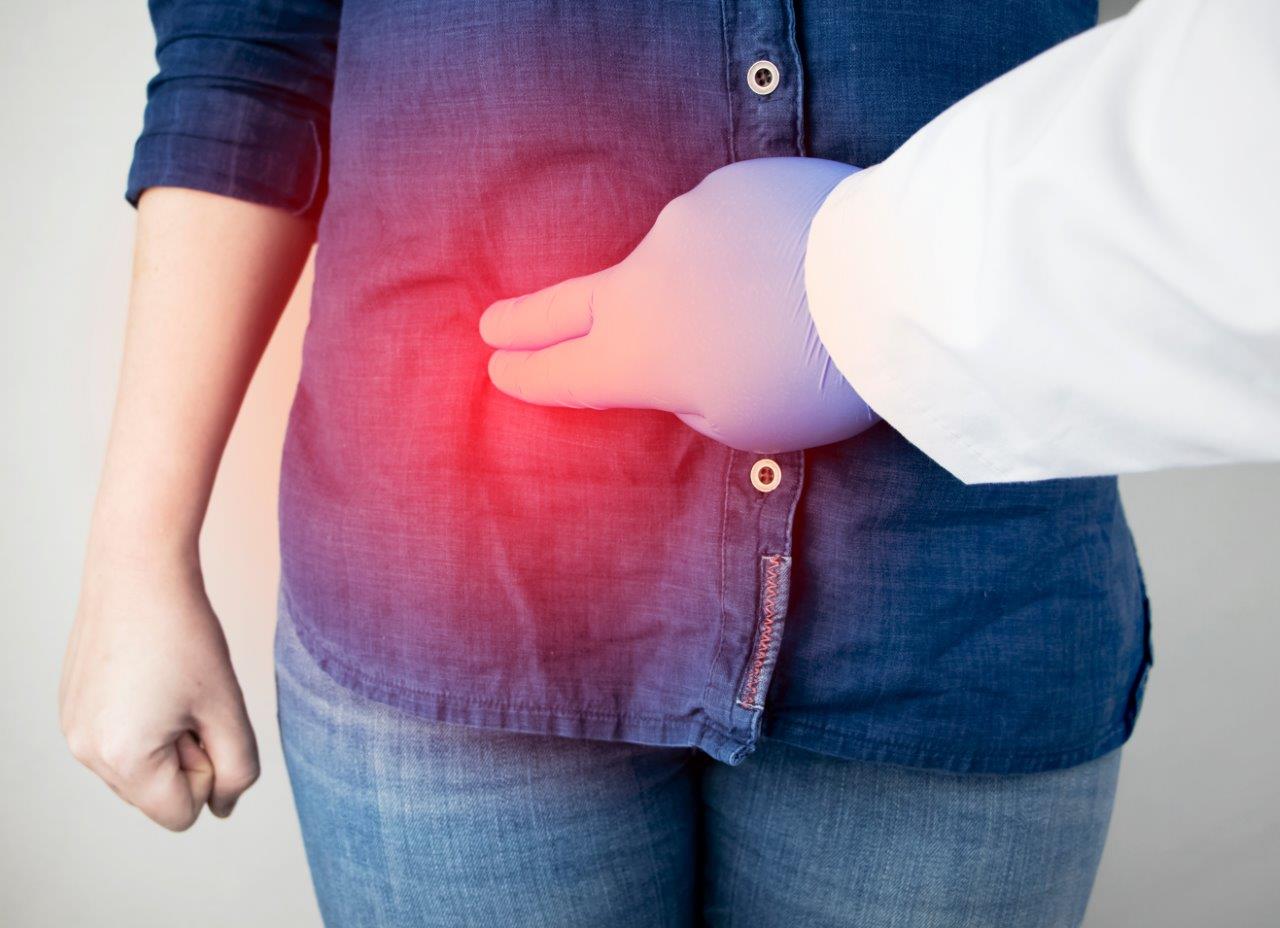Home
/
Symptoms
/
Feeling That the Lower Abdomen is Full or Pressurized – Causes, Diagnosis and Treatment
Feeling That the Lower Abdomen is Full or Pressurized – Causes, Diagnosis and Treatment at Emirates Hospitals Group
Overview
A sensation of fullness or pressure in the lower abdomen can be uncomfortable and is often linked to gastrointestinal, gynecological, or urological issues. This symptom may be temporary or persistent, and identifying the underlying cause is essential to determine the most effective treatment.
Causes
- Gastrointestinal Issues – Conditions like constipation or gas buildup can cause bloating and a feeling of fullness in the lower abdomen.
- Irritable Bowel Syndrome (IBS) – IBS can lead to abdominal discomfort, bloating, and changes in bowel habits, causing pressure in the lower abdomen.
- Pelvic Organ Prolapse – In women, weakened pelvic muscles can cause organs such as the bladder, uterus, or rectum to descend, resulting in a feeling of fullness or pressure in the lower abdomen.
- Ovarian Cysts – Large cysts on the ovaries can cause a sensation of fullness or pressure in the lower abdomen, sometimes accompanied by pain or bloating.
- Urinary Retention – Difficulty emptying the bladder, often due to an enlarged prostate or urinary tract infection, can create pressure in the lower abdomen.
- Endometriosis – In endometriosis, tissue similar to the uterine lining grows outside the uterus, leading to pelvic discomfort and pressure, especially during menstruation.
Diagnosis
- Physical Examination – A doctor may palpate the abdomen to identify tenderness, bloating, or masses.
- Ultrasound – Imaging to detect ovarian cysts, pelvic organ prolapse, or any abdominal abnormalities.
- Blood Tests – To check for signs of infection, inflammation, or hormonal imbalances.
- CT Scan or MRI – Advanced imaging for more detailed evaluation of the pelvic organs or gastrointestinal tract.
Treatment Options
- Dietary Adjustments – Increasing fiber intake, drinking plenty of fluids, and managing foods that cause gas or bloating.
- Medications – Laxatives for constipation, antispasmodics for IBS, or pain management for conditions like endometriosis or ovarian cysts.
- Surgical Interventions – In cases of prolapse, large cysts, or other structural issues, surgery may be necessary.
Timely diagnosis and treatment can alleviate discomfort and address the root cause of the symptoms.
Related Treatments



